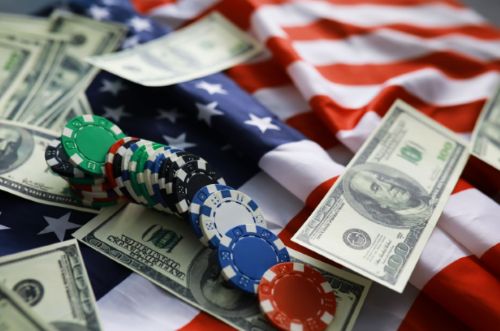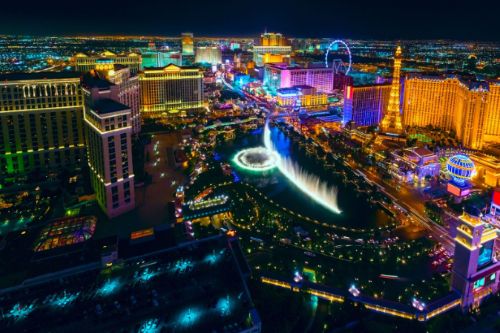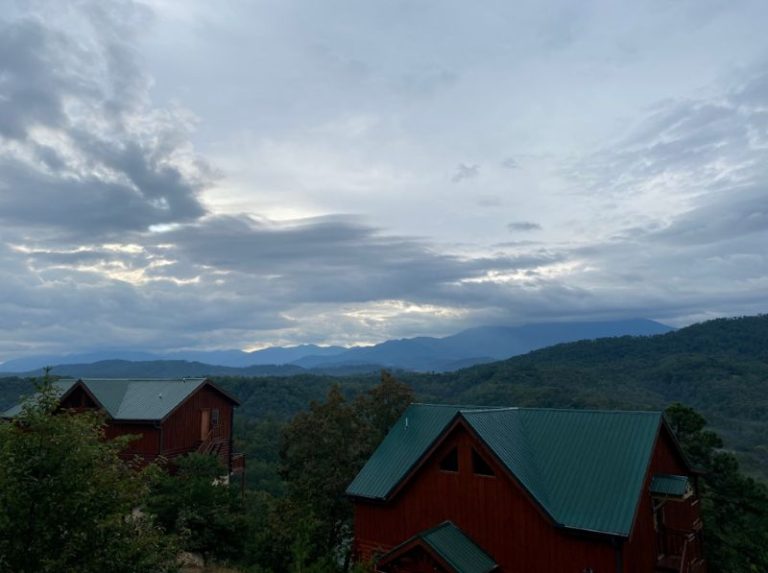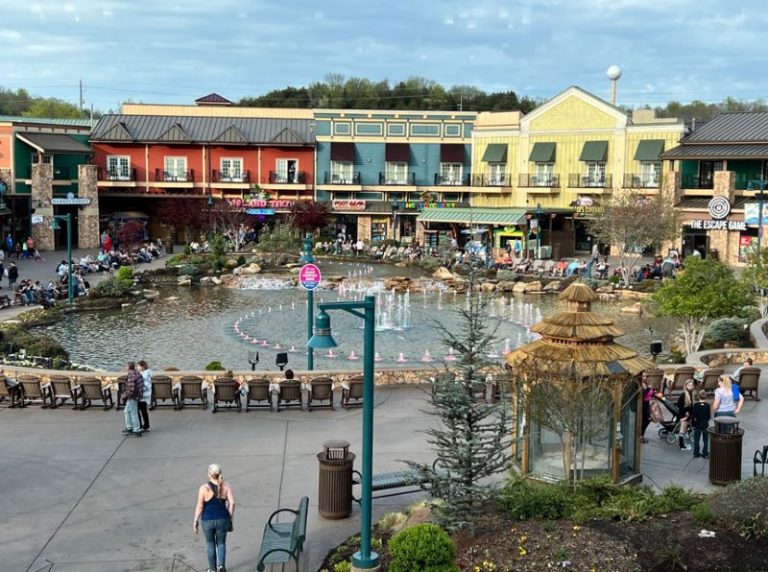

Gambling and the USA have somehow managed to go hand-in-hand. Despite how simple it sounds, there’s a long history binding these two. Yes, it’s complex, but it truly reflects the risk-taking, freedom-loving nature of the common American.
Moreover, gambling embodies the liberties Americans cherish. Along with that, it represents the decadence they like to indulge in. It has thus transformed the country from lottery-funded colonial towns to neon-lit and happening casinos in Las Vegas. Let’s uncover the entire journey of how casinos are tied to the pages of American history.
Why Does the Allure and Freedom of Risk Attract Americans?
To properly understand their fascination with risk, we need to dissect their history. After the initial introduction of gambling by European settlers, it became vital for development projects and even for funding the Revolutionary efforts. In the form of lotteries, gambling turned out to be a revenue source as well. This was the case in the 17th-18th century.
The American love for risk ties closely to a key national value: freedom. Taking a chance, whether in playing slot machines or starting a business, is part of how Americans see success. Today, we observe this thrill in online slots AU. The free slots give punters a chance to freely explore what the casino titles offer.
That’s precisely why that love of risk didn’t go away. It endured even when gambling was restricted in 1769 by the crown.
The Journey from Prohibition to Galveston’s Free State
As the 19th century rolled in, the era of religious revivalism tried to uproot gambling by tagging it as “immoral and corrupt.” And, by 1900, it was almost entirely outlawed, to the dismay of many Americans.
However, true to their spirit, they found ways to partake in the risk. Galveston, Texas, famously called “The Free State of Galveston,” became a gambling hub. They decided to circumvent the system and found loopholes that worked systematically:
- Galveston became a secret playground.
- The island was full of hidden casinos and clubs.
- Ultimately, the island harboured gamblers, gangsters, and thrill-seekers. With all of them looking for action.
It undeniably showed something that lawmakers couldn’t ignore: Americans loved to gamble. Despite the setbacks, they managed to build a solid and secretive gambling playground and engage in it.
The Rise of Las Vegas and Atlantic City
We connect the modern-day gambling scene with unforgettable nights in Las Vegas. Atlantic City, too, is renowned globally for its thrilling gambling setup and adventures. But, how did it get there? Here’s the timeline:
- 1931: Nevada legalised gambling during the Great Depression. Thus, it launched Las Vegas’s rise as it was economically struggling at the time.
- 1946: The Flamingo Hotel opens, backed by mobster Bugsy Siegel. Hence, bringing Hollywood flair to Vegas.
- 1976: New Jersey voters approve casino gambling in Atlantic City. It was done in a bid to bring life to the steadily declining economy.
- 1980s: Atlantic City grows into a major tourist destination. Thus, they were rewarded for this power move.
Over time, both cities became symbols of bold ambition and glamour in America. Las Vegas, previously a desert town, became a city full of glittering lights and life. Whereas, Atlantic City became a tourist hotspot on the East Coast.

Breaking Barriers: The Moulin Rouge and the Civil Rights
In 1955, Las Vegas saw a breakthrough with the opening of the Moulin Rouge Hotel. Notably, it was touted as the city’s first racially integrated casino at a time when segregation was still widespread. It also gave Black performers a space to work and stay.
Furthermore, stars like Sammy Davis Jr. and Ella Fitzgerald helped make it more than just a venue. They made it a symbol of progress. And though the casino was soon shut, its legacy endured. Thus, proving that casinos could encourage inclusion and dignity, not just provide entertainment.
Hollywood, Gambling, and Corporate Takeovers
Hollywood, too, was enamoured by the drama of casinos. Quite evidently, in movies like The Cincinnati Kid and Ocean’s Eleven. These pieces of cinema turned casinos into icons of risk, style, and rebellion.
This added to the larger appeal and acceptance of casinos in American culture. Consequently, during 1980-90, big corporations took over. The mob was out, luxury was in!
Modifying dingy casinos into sleek resorts with fancy restaurants. They also had live shows along with some kid-friendly activities. It went on to show how gambling had gone mainstream. It was no longer shady, but proudly a part of American entertainment and business, attracting global tourists.
Freedom vs the Moral Debate Around Gambling
No matter how economically prosperous and great the casinos have proven to be, the ethical discussion surrounding them is endless. People from different walks of life have clashing opinions with strong arguments.
Here’s a comparison of the pro-gambling and anti-gambling sentiments:
| Argument Type | Pro-Freedom Argument | Anti-Gambling Argument |
| Freedom of choice | Americans of legal age should be allowed to make choices regarding their money. | Gambling can lead to addiction at any age. |
| Government involvement | Legal regulation can set boundaries. | Legalisation contradicts moral citizen behaviour. |
| Overall economic effect | Gambling boosts the economy by providing employment and encouraging tourism. | Society may have to incur heavy damages, such as crime and debt. |
| Social perception | It provides entertainment and facilitates socialisation. | Symbolises decadence and raises moral concerns. |
The Enduring Legacy of Casinos in American Identity
Casinos, even in modern America, are not just halls dedicated to gaming. Rather, they showcase the age-old struggle of the US when it comes to moral dilemmas and a desire for liberty. While one side points out the grave risks of gambling, the other points to its beneficial aspects.
The good thing is, they’ve helped break racial barriers and initiate ethical debates. Also, they’ve provided economic growth, bolstered American tourism, and impacted pop culture. The result is that now, they have been permanently etched into the identities of Americans. These casinos represent freedom, risk, decadence, and moral debates in an adventurous package.


